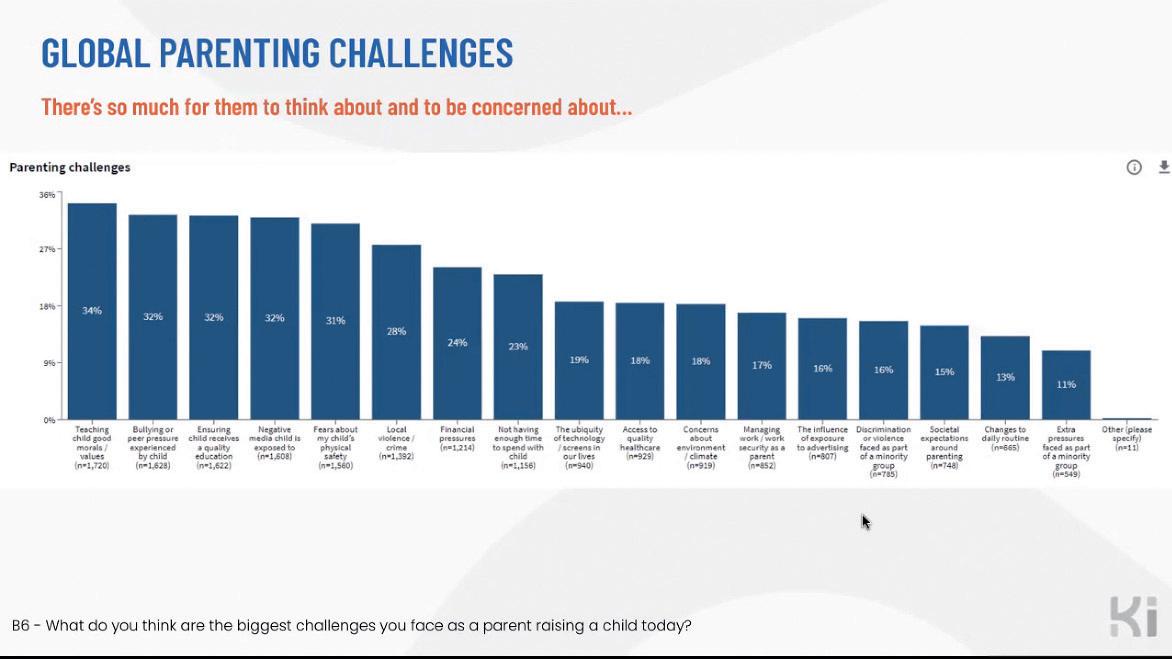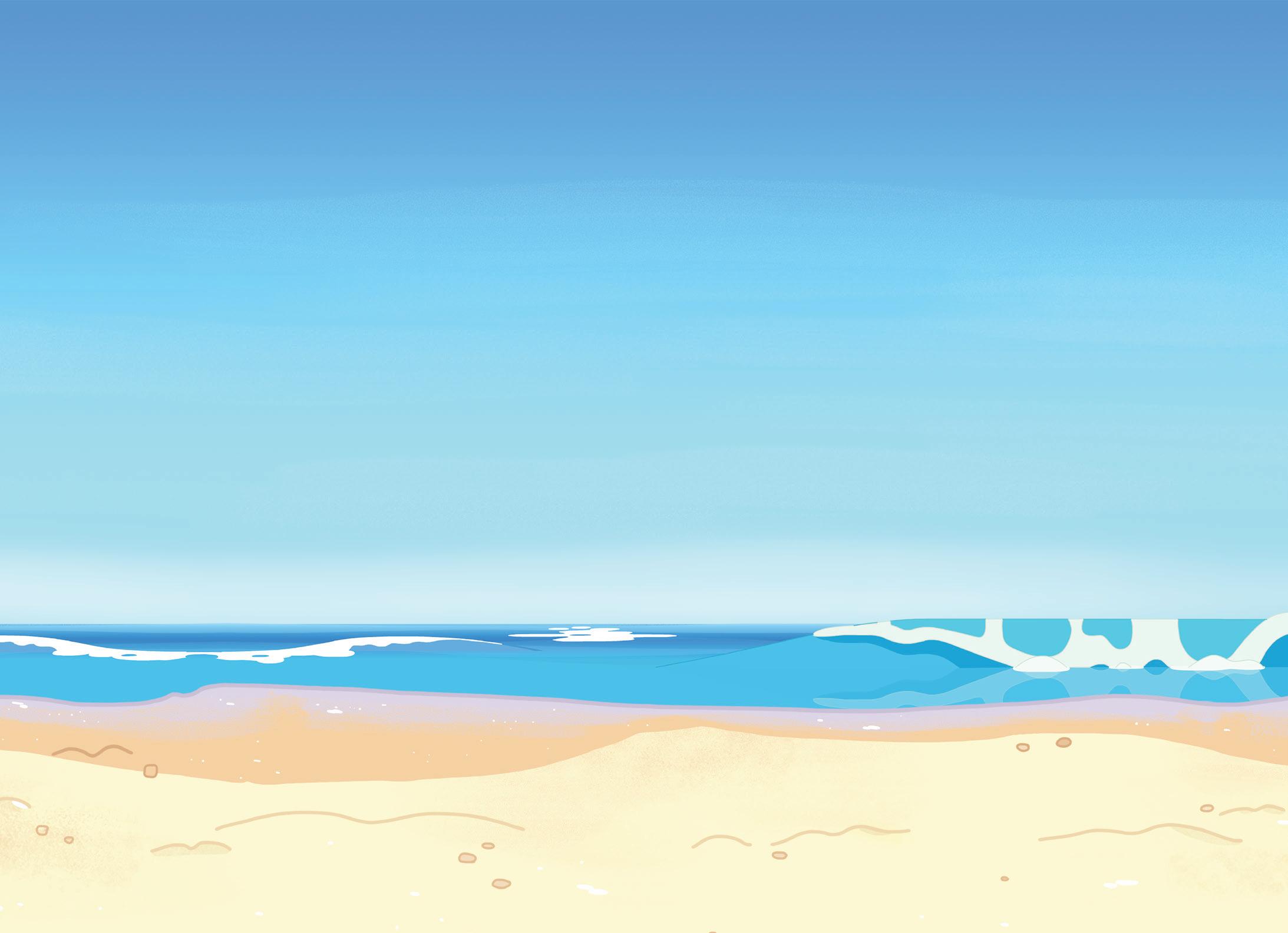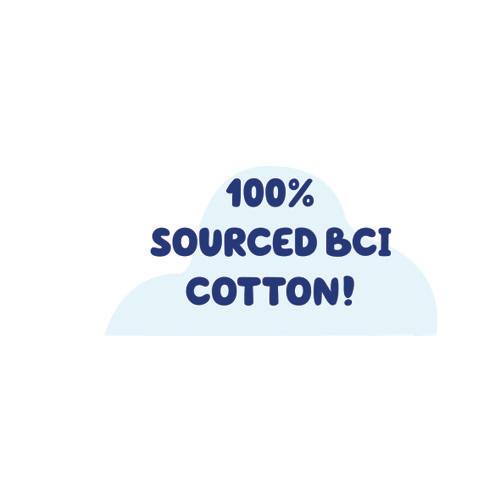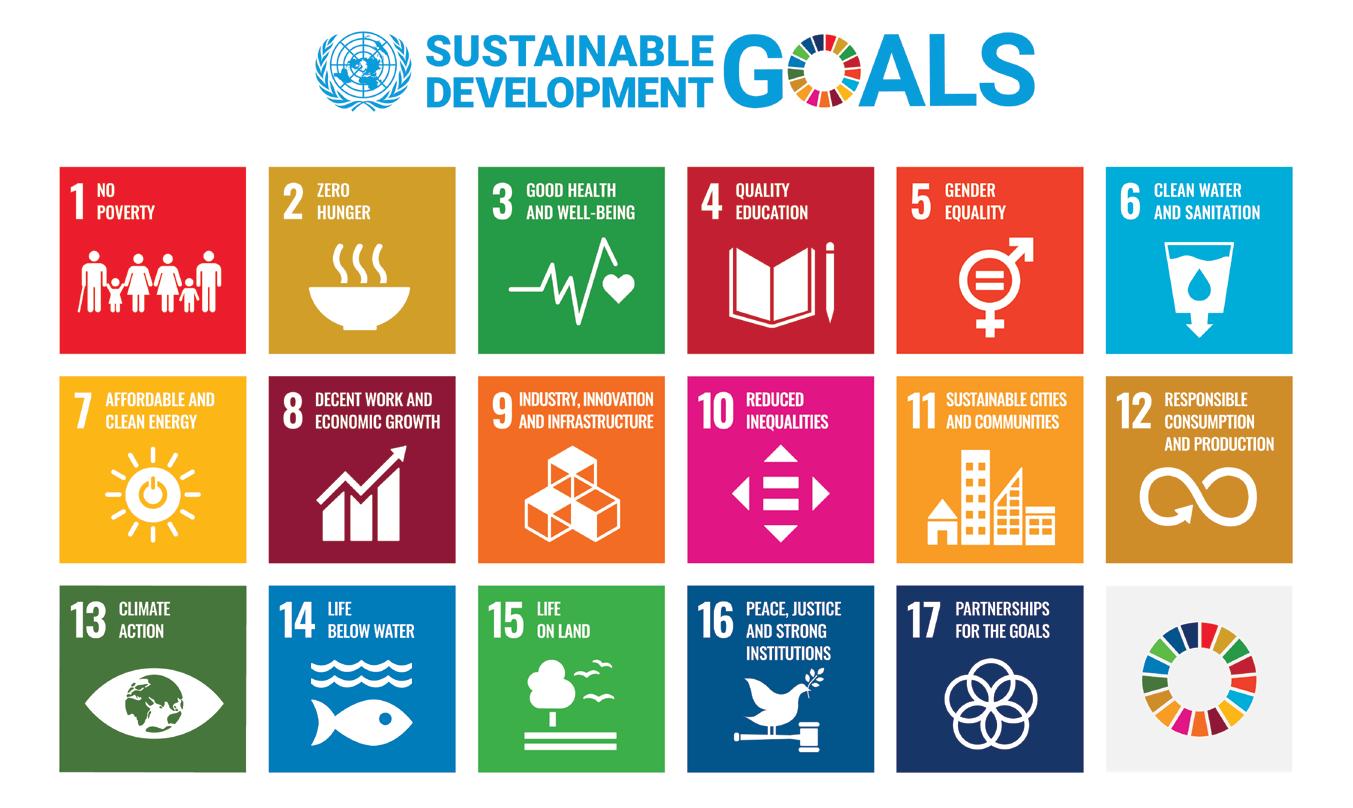
4 minute read
PARENTAL GOALS
Research charting the priority of challenges and concerns being faced by parents and families across the world has highlighted the importance of the continued pursuit of the 17 Sustainable Development Goals as established by the United Nations and presented as the blueprint to successfully achieving a healthy and positive future.
In his latest piece of industryleading insight, Gary Pope –co-founder of Kids Industries – shared results that found environmental concerns to have slipped down the list of priorities for families around the world who now place fears over income and cost-of-living; safety, security and crime; and disparity in education and equality ahead of the topic of climate change and pollution.
Presenting findings taken from the insight experts’ latest Global Family Study – a study around the world – to an audience of Products of Change members last month, Gary argued the need for better engagement from the toy and brand licensing industry with young people and families when it comes to the subject of sustainable development.
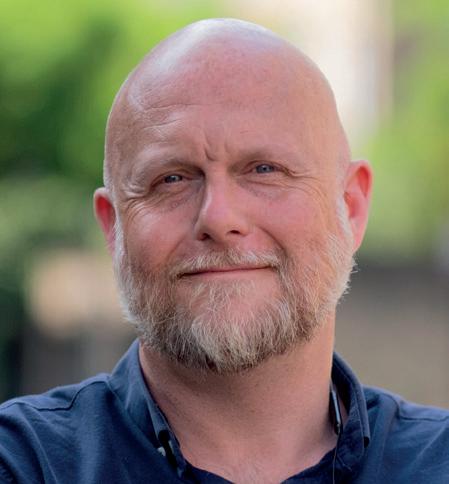
Among the issues topping the chart of challenges being faced by families around the world right now, ‘teaching good morals’ emerged as number one. At number two is the effects of ‘bullying and peer pressure’, while number three is ensuring that their children receive ‘good quality education’. ‘Financial pressures’ place at number seven on the chart, ‘Access to quality healthcare’ land at ten, while concerns around ‘the environment’ finds itself at a mid-table level at number 11.
The reality of the situation when it comes to the engagement that 4 to 14-year- olds from across countries including the UK, the US, Brazil, Saudi Arabia, and China show in the subject of climate change was broken down further when it was revealed that 58% of children in the UK do not know what sustainability means. Comparatively, 47% of US children say they are confused by the messaging surrounding the topic, from environmentalism and sustainability to the concept of greenwashing.
Most problematic of all, however, is the study’s headline statistic that in 2023, 74% of children from around the world feel positive about the future. It begs major questions over the concerns and childhood being experienced by the remaining 26%.
“The fact that children have to think about this stuff, the fact that these pressures exist in childhood around the world makes me physically sad,” Gary told presentation attendees. Citing his role as Ambassador for Children at Products of Change, the former teacher turned global research expert has challenged the industry ‘to harness its power better’ and help ‘activate and engage children.’
“The actuality of this is, children – Generation Alpha – are not the environmental activists that many seem to paint them as,” says Gary.
“They do not understand the topic either because they are too young - the four to seven age range can’t really understand this topic itself - or because they are not empowered to do so.
“The truth is kids will carry on doing what children dowhich is just to be kids. Which is great, which is fantastic, which is lovely. But these children also need to be activated and empowered in some way.
“I don’t subscribe, for a second, that Gen Alpha are the Activist Generation. They might have the potential to be, but unless we and others help them, they won’t be.”
The insight noted that by the age at which young people are in fact empowered enough to act upon the issue – at 14 years and upwards – is the time that their priorities are lost to the phenomena of ‘teenager-dom’, in which social standing and peer perception takes precedent over all else.
But this only looks at the issue through a relatively myopic lens. While ‘the environment’ and ‘climate change’ may place only midway down that list of priorities for families in 2023, it’s important to observe the major parallels that can be drawn with the blueprint of global sustainable development.
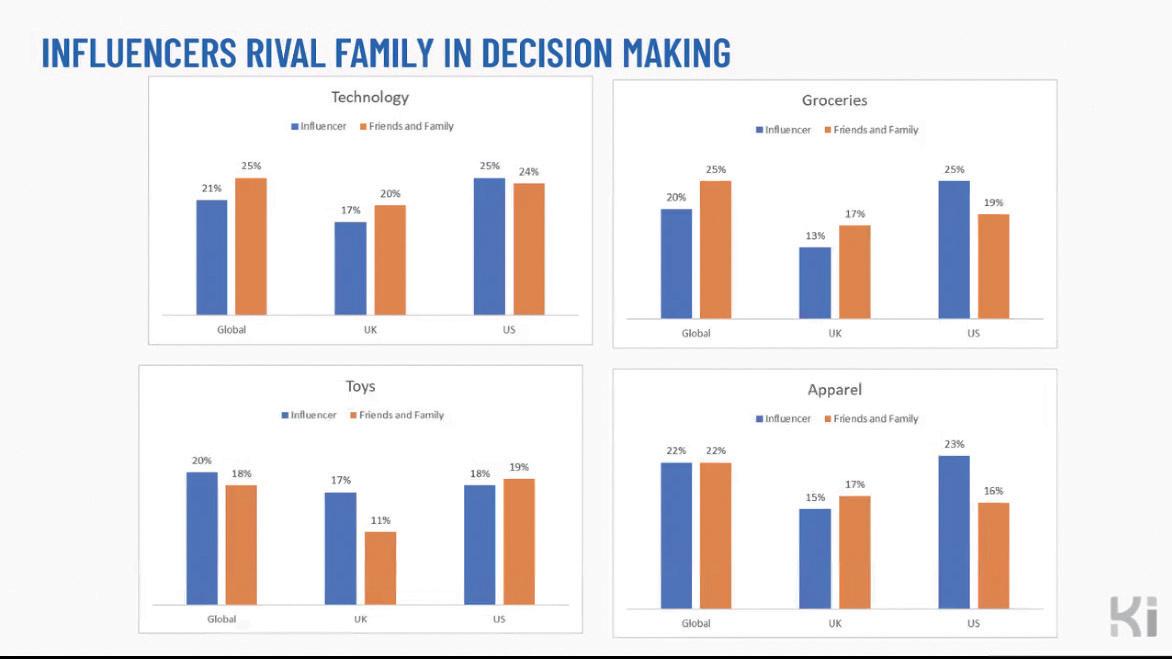
Headlines around the world perpetuate the importance of fighting climate change through the lens of greenhouse gas emissions and carbon reduction. However, sustainable development is an interdependent system that requires building blocks, issues such as gender equality, quality education, peace and justice, sustainable health and wellbeing, zero poverty, and decent work and economic growth, each be elevated in tandem.
At Brand Licensing Europe last year, Caroline Petit, the deputy director of the United Nations Regional Information Centre highlighted the role that the brand licensing and consumer products industries will have to play if we are to achieve the 17 Sustainable Development Goals by 2030.
“There are many ways in which the licensing industry can engage with the United Nations and a number have already joined the UN Global Compact, the SDG Media Compact, or the SDG Publishing Compact,” she told attendees.
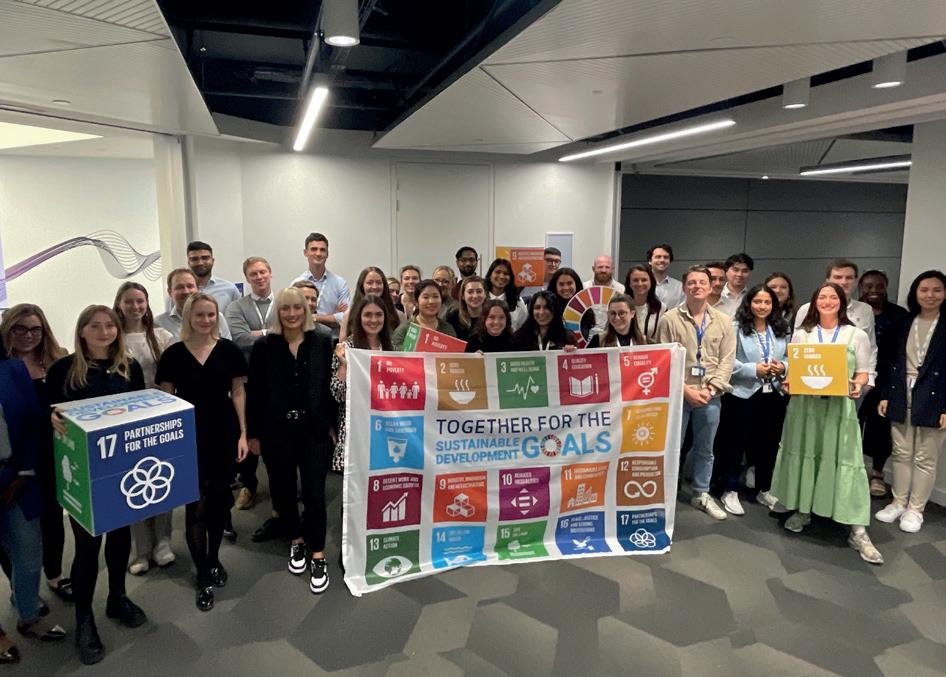
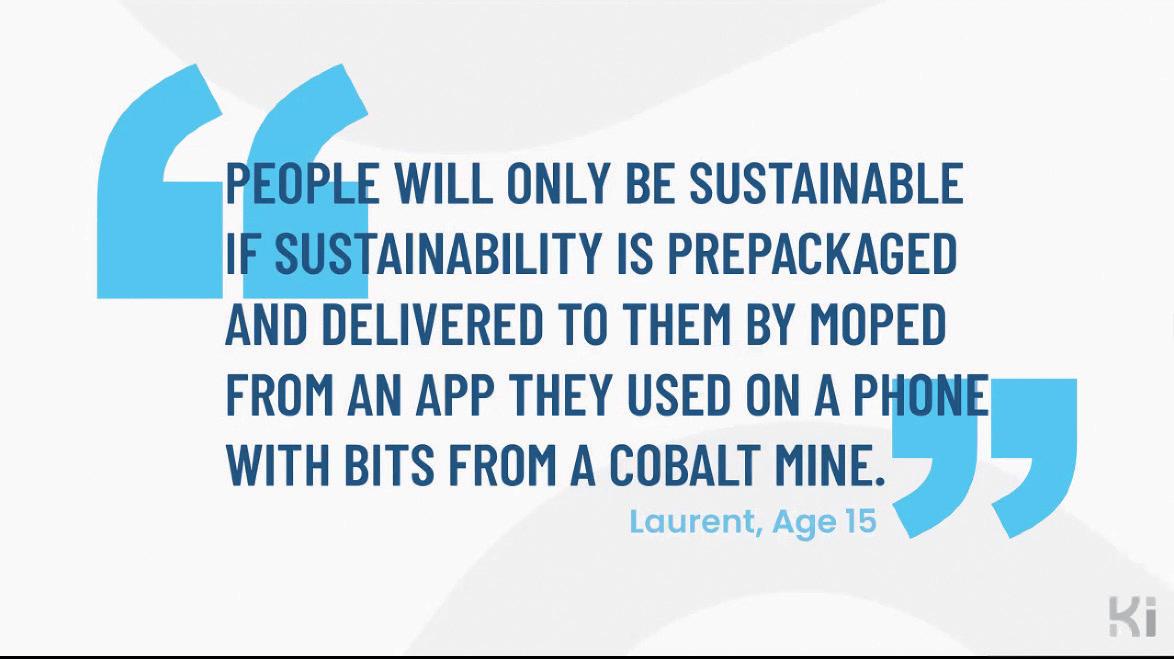
“We’ve already seen brands like the Smurfs or LEGO and others commit to things such as removing harmful stereotypes on gender in their programmes, books, or television shows. But more is needed to reach the Sustainable Development Goals by 2030 and the brand licensing and consumer products industry is critical in accelerating that movement.”
So, what’s to be done? Just because 68% of children in the US find it difficult to explore how to be more environmentally friendly independently, doesn’t mean there isn’t the desire to be. In fact, Gen Alpha audiences within North America place climate action in fourth on their list of immediate concerns, behind the big three: crime and violence, financial problems, and quality education. However, engagement and empowerment, leading to Knowledge and Learning needs to come from us. Does the solution to this lie in meeting them at a level of actual impact – addressing the lived experiences and challenges they face everyday? And in doing so, how can we better incorporate those 17 building blocks presented by the UN as the cornerstone of prosperous existence, for people and the planet together?
